Members
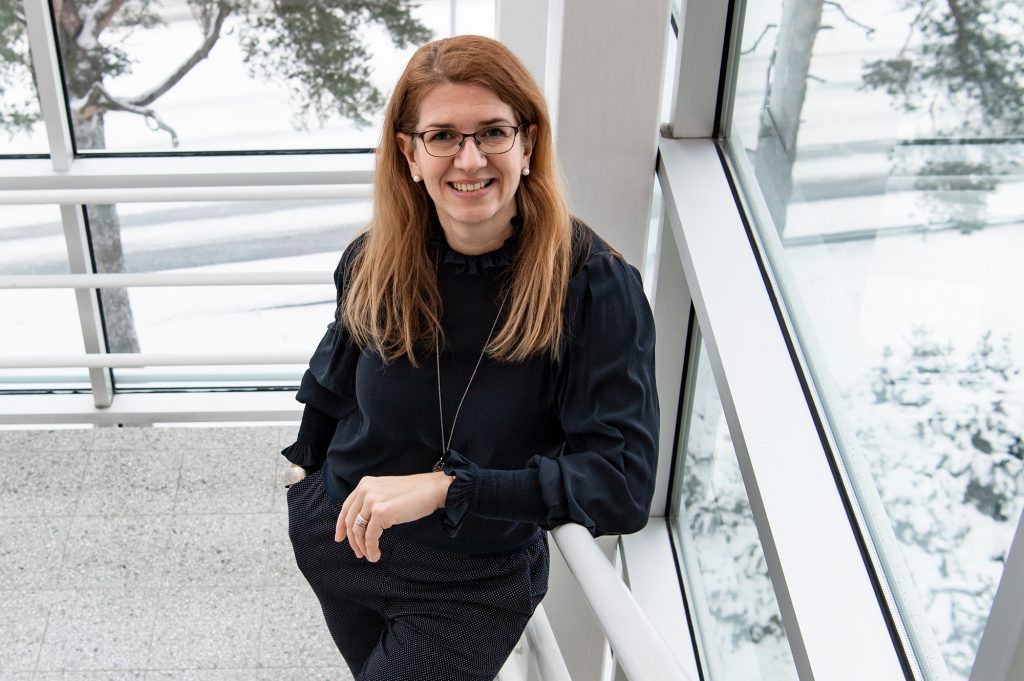
Šárka Lehtonen, Ph.D. in Pharmacology – I am a highly motivated, results-driven senior researcher and group leader who has over 20-years of experience in in vitro and in vivo pharmacology and over 10-years of experience in stem cell technology. I am very committed to exceeding goals and working with the team to develop novel human models for neurological diseases and drug development studies.
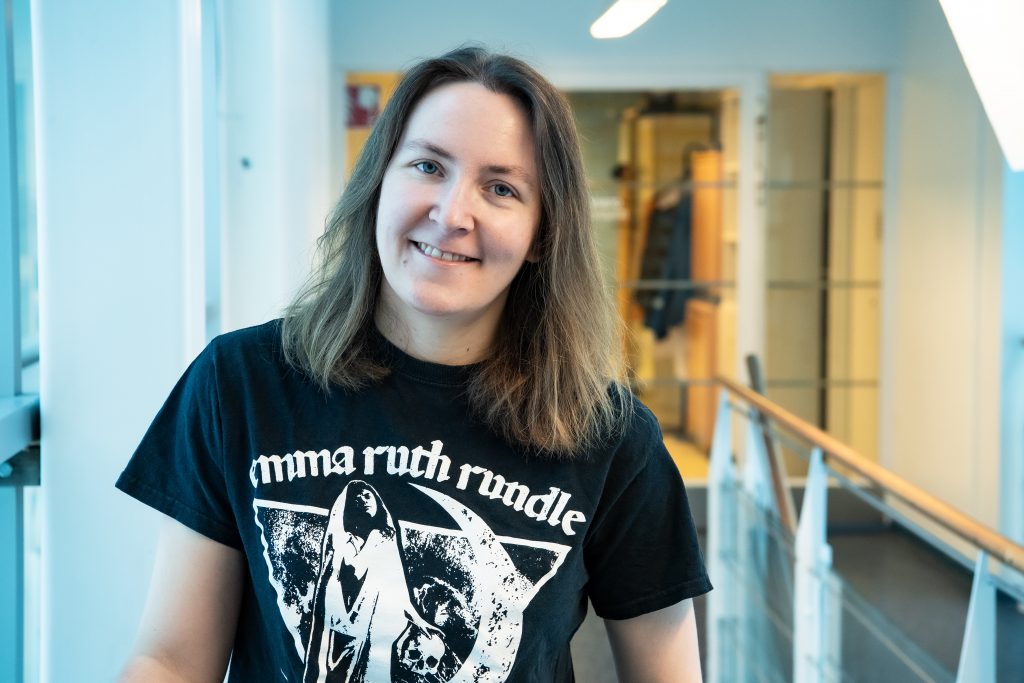
Katrina Räty (Albert), Ph.D. in Pharmacology – I have expertise in models of Parkinson’s disease, with a focus on the main pathological protein: alpha-synuclein. I completed my PhD at the University of Helsinki and did my first postdoc at University of Cambridge. After starting in the Lehtonen lab, I have been working on my own project using human microglia and alpha-synuclein preformed fibrils. My main interest is in making better preclinical models to find new treatments for disease. When I’m not thinking about alpha-synuclein you can find me trying new beers and brewing my own, or then attending concerts (just kidding – I’m thinking about alpha-synuclein those times too).
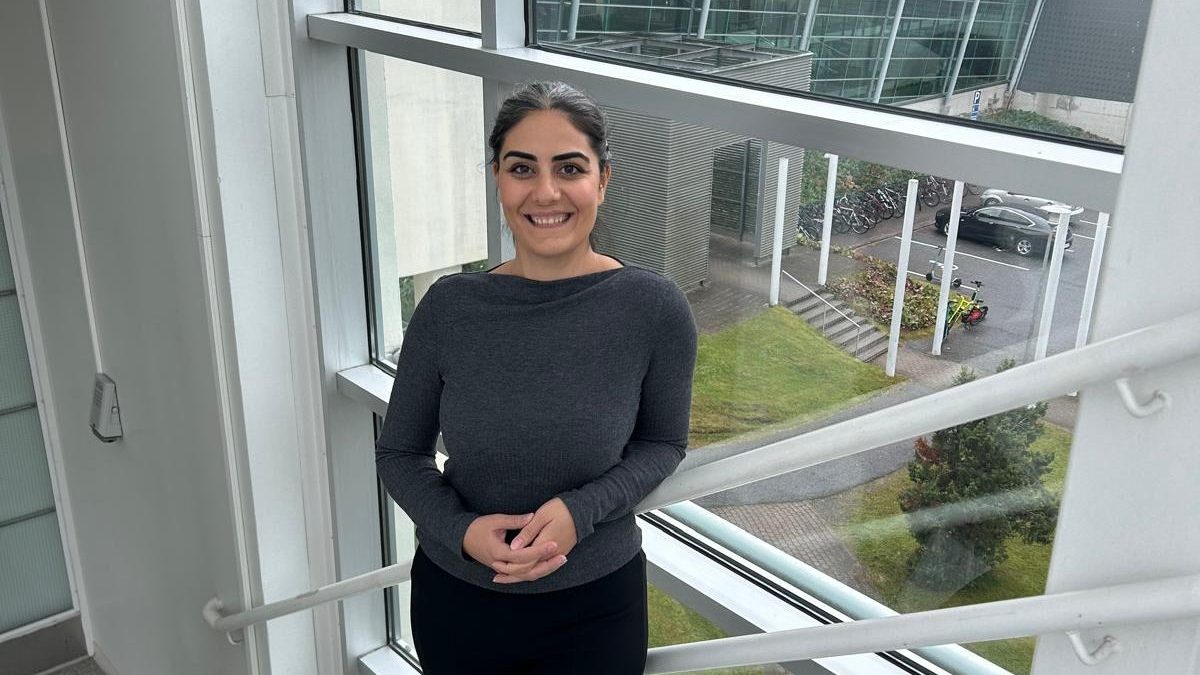
Sinem Yildirim (Guden), Ph.D. in Pharmacology – I am particularly interested in neuroinflammation and neurodegeneration. In my current position as a postdoctoral researcher in the Lehtonen lab, I have been working on the project investigating how environmental micro- and nanoplastics affect the immune response in Parkinson’s disease. I seek to enhance my expertise in developing translatable and predictive in vitro human-based cellular models to address the urgent need for effective pharmaceuticals in neurodegenerative diseases.
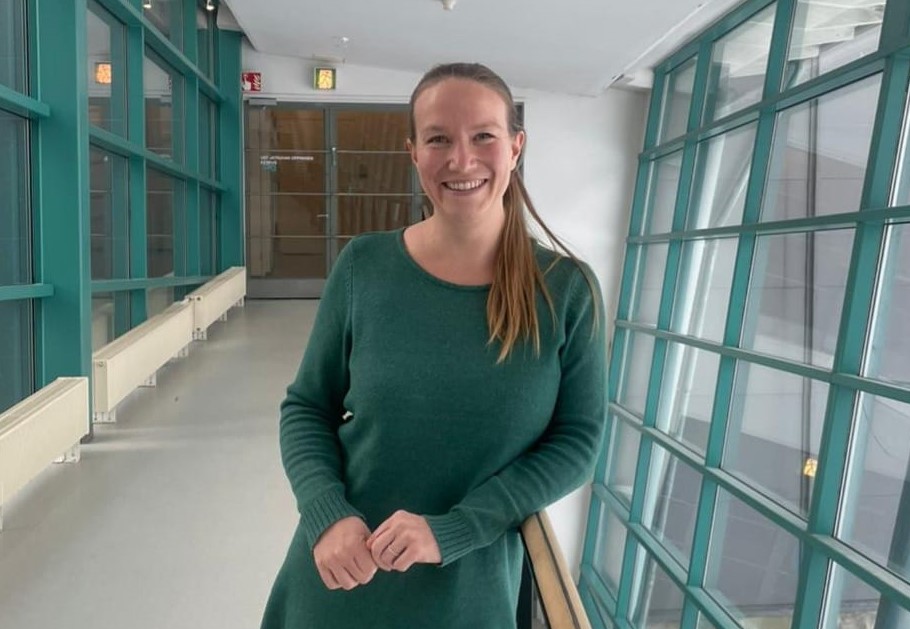
Stefanie Klima, Ph.D. in Biological Sciences – I have expertise in stem cell-based in vitro models in neuroscience and disease modelling with a focus on developing human-relevant models that help uncover how diseases develop and progress. I am particularly interested in understanding the underlying mechanisms driving pathological changes at cellular and molecular level. In my project in the Lehtonen lab, I combine multi-omics approaches and in vitro models to reveal pathways and mechanisms altered in Parkinson’s disease.
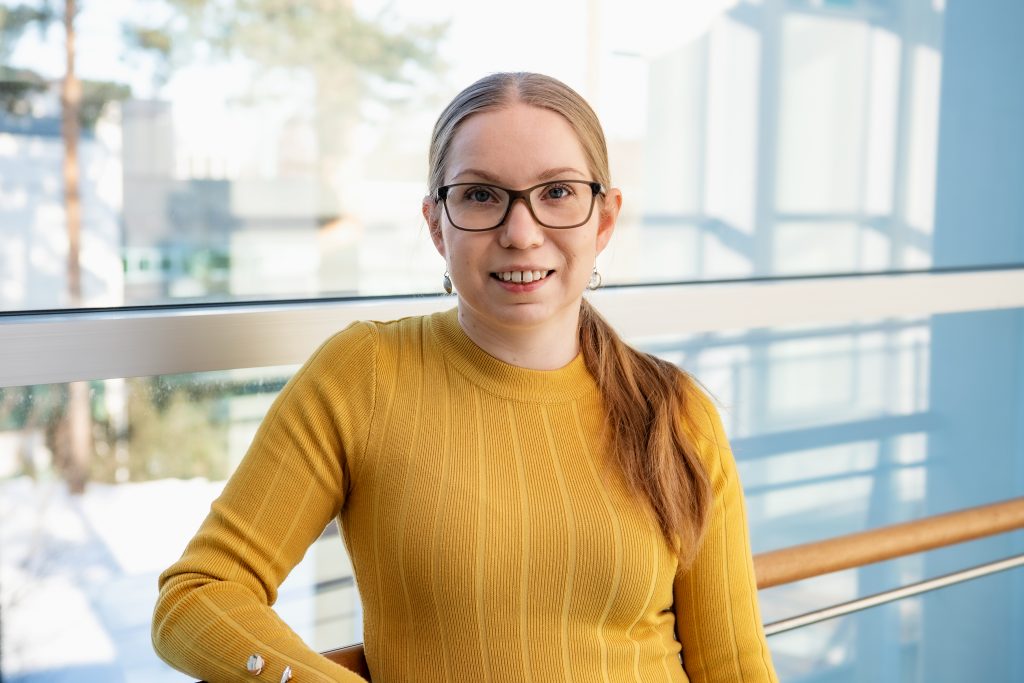
Tuuli-Maria Sonninen, PhD – I am working in the blood-brain barrier on a chip project.
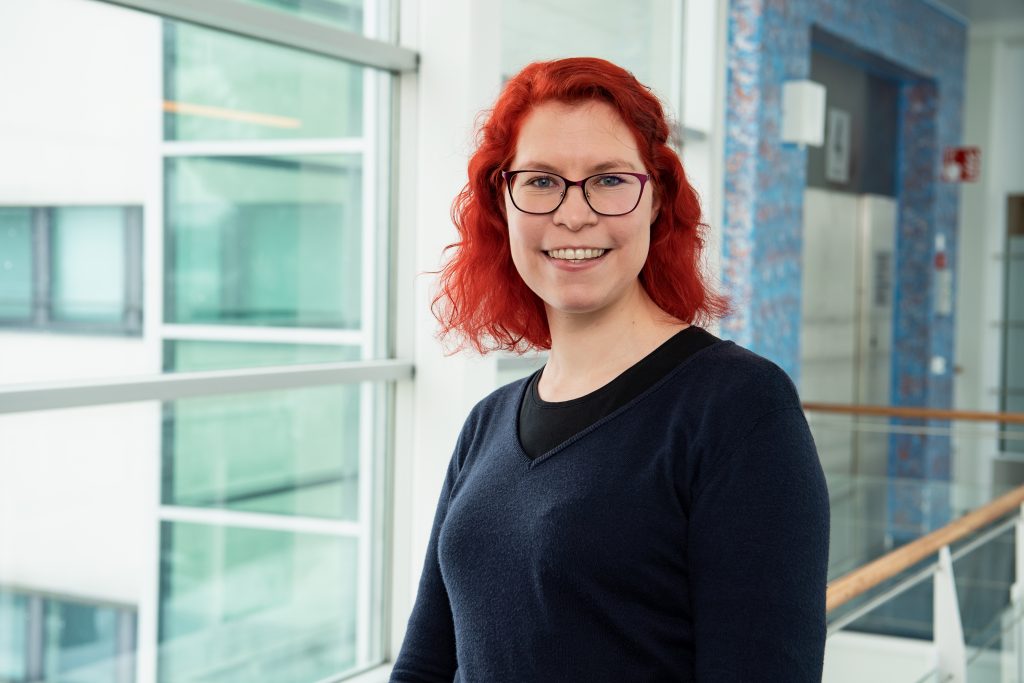
Jonna Niskanen, M.Sc. in Molecular Medicine, PhD student – I am intrigued by our immune system – the body’s first line of defense – and the intercellular communications within. My previous projects have all been connected to cellular communications in one way or another. In my current position, I can combine the cell signaling and immunology aspects. I study iPSC-derived microglia and astrocytes in PD to see how these highly reactive glial cells effect neuronal wellbeing.

Sara Kälvälä, M.Sc. in Biomedicine – My research is focused on iPSC-derived midbrain organoids as a model system for PD. Next-generation human-based disease models could offer a more efficient and physiologically relevant alternative to animal models, bridging the gap between in vivo and in vitro. The brain is an immensely intricate organ with a vast variety of cell types functioning in perfect harmony – capturing a snapshot of that complexity in vitro is super exciting! I completed my Master’s thesis in the Lehtonen lab and am thrilled to continue working with the group. Outside the lab, I enjoy creative activities like drawing, photography and sculpting. Also, a self-confessed podcast addict.
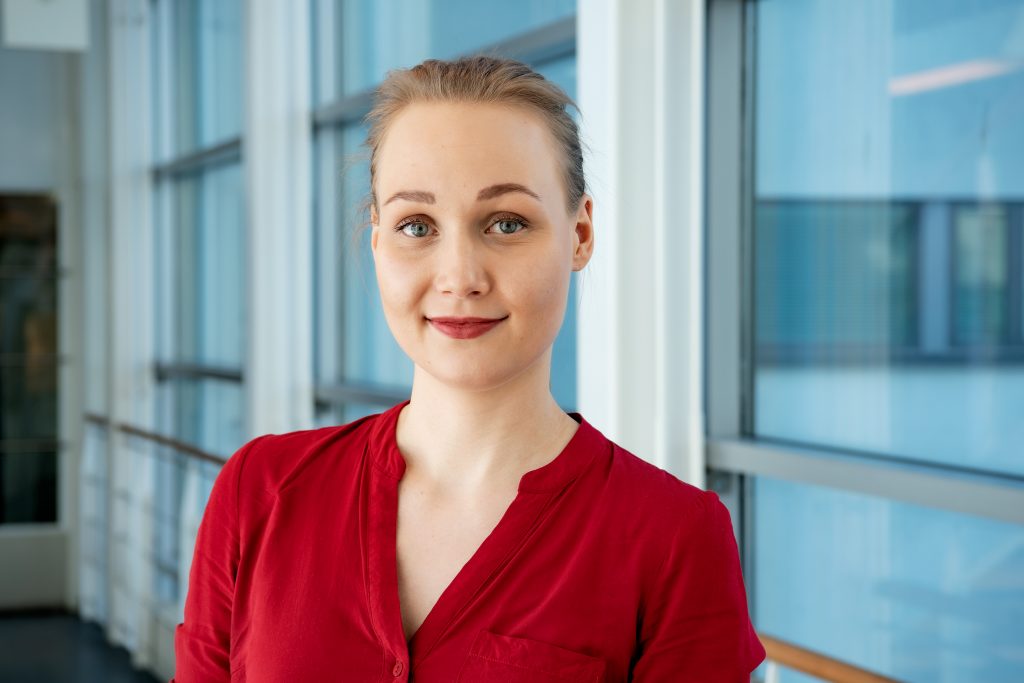
Sanni Peltonen, M.Sc. in Biomedicine, PhD student – I’ve been working on several different projects related to the blood-brain barrier and microglia. I’ve graduated at the beginning of 2022 from the University of Eastern Finland but have been working in the group since 2021 and before that made my master’s thesis in the group. Currently, I am concentrating on the pericytes and their role in the pathology of Parkinson’s disease. My aim is to find out how the function of pericytes is changed in Parkinson’s disease and how it affects blood-brain barrier and inflammation.
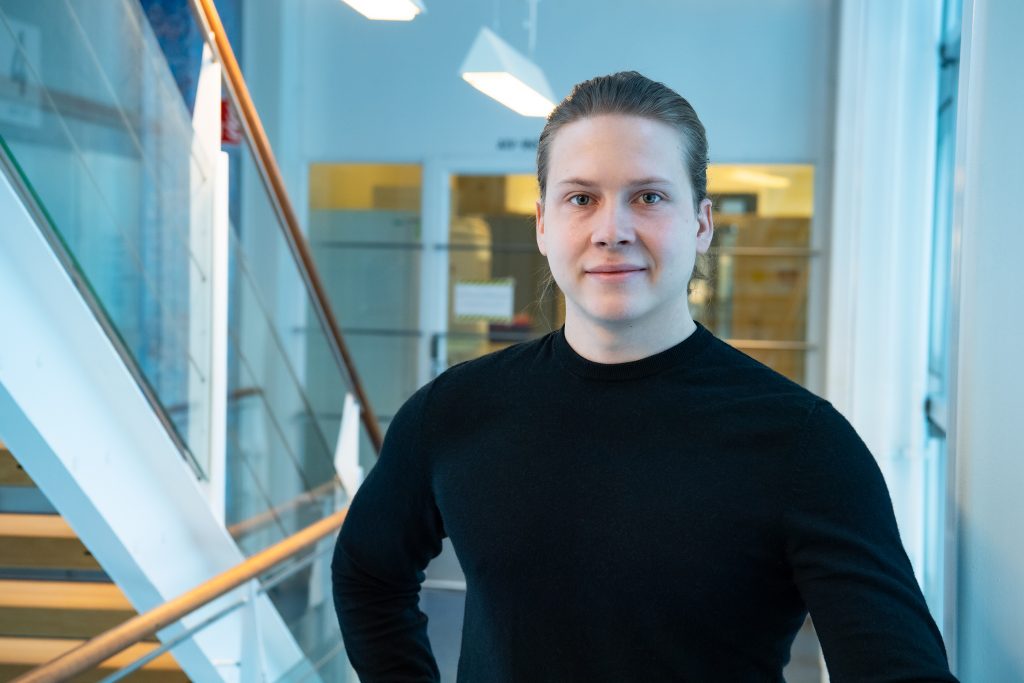
Valtteri Syvänen, M.Sc. in Pharmacy – I am currently working as a project researcher in the Human brain disease modelling group. When I finished my Master’s thesis in the Lehtonen lab it was clear to me that I want keep exploring the vast field of disease modelling. Neurodegenerative diseases have been a major interest of mine during my studies so it is exciting to continue as part of this group. I have experience in 3D and 2D culturing and at the moment my focus is on developing an in vitro gut-brain-axis model to study gut changes in Parkinson’s disease.
Co-supervised Doctoral Students
- Ilkka Fagerlund: Patient-derived cerebrum organoids as preclinical human models of AD (expected graduation 2025, co- supervision with Tarja Malm)
- Ying Chieh Wu: Endothelial-macrophage/microglial interaction in human AD-BBB (expected graduation 2024-2025, co-supervision with Jari Koistinaho)
FORMER TEAM MEMBERS
Supervised Doctoral Students
- Tuuli-Maria Sonninen: From monolayers to microfluidics: Uncovering how brain support cells contribute to Parkinson’s disease (2025)
- Marja Koskuvi: Neurological traits of schizophrenia (2022)
Supervised M.Sc. Students
- Alli Pesola: Optimization of real-time quaking-induced conversion conditions for alpha-synucleinopathies and 4-repeat tauopathies in brain tissue (2025)
- Hibak Wais: Characterisation of newly discovered alpha-synuclein mutation A53E using patient iPSC-derived midbrain organoids slices (2025)
- Sanni Peltonen: Comparing different conditions for blood-brain barrier modelling (2022)
- Valtteri Syvänen: HiPSC derived midbrain organoids as a model for Parkinson`s disease (2022)
- Sara Kälvälä: Molecular and functional characterisation of hiPSC-derived midbrain organoids (2021)
- Markku Helminen: Can we study criminal behaviour in a dish? (2020)
- Komal Tasneem: The contribution of LRRK2-mutant astrocytes to PD pathology (2020)
- Giuseppe Esposito: Study of cerebral organoids derived from twin schizophrenia patients (2019)
- Jonna Niskanen: New experimental models of BBB for studies of AD (2019)
- Jaakko Lehtinen: Discovering genetic cause of psychopathy using hiPSC-derived brain cells from violent substance abusers (2018)
- Tuuli-Maria Sonninen: Characterization of iPSC-derived endothelial cells and astrocytes from Parkinson´s disease patients (2018)
- Niko Saarelainen: Characterization of LRRK2-mutant hiPSC-derived astrocytes (2017)
- Crescenzo Massaro: Patient-derived glutamatergic neurons and astrocytes in the study of psychopathy (2017)
- Marthe Van de Vliet: Neurobiology roots of schizophrenia (2016)
- Johanna Lomu: Metabolomic profiling of LRRK2-mutated PD dopaminergic neurons derived from induced pluripotent stem cells (2015)
- Zuzana Maděryčová: Efficient characterization of human astrocytes from iPS cells – application for PD studies (2015)
- Radka Kocianová: LRRK2 mutant iPSC-derived dopaminergic neurons (2014)
- Pekka Virtanen: Caenorhabditis elegans as a PD model in high content analysis (2011)
- Heidi Karjalainen: Aging and memory problems (2009)
- Aleksi Hamina: Linking sirtuins to Alzheimerˋs and Parkinsonˋs disease (2009)
- Sari Raitio: Aging of SH-SY5Y cell with emphasis on sirtuin 1, Bcl-2 and caspase-3 proteins after resveratrol and suramin treatments (2009)
- Jin Shi: Role of histone deacytalase SIRT1 in the pathogenesis of diabetic cardiomyopathy (2008)
- Heidi Stedt: Apoptotic mechanisms of ethylene glycol ether end metabolites (2005)
Research Assistants
- Vili Hakosalo, M.Sc. (2021-2025)
Visiting ERASMUS students
- Stephanie de Vyver, Belgium, 2024
- Debora Freitas, Portugal, 2024
- Roberta Talenti, Italy, 2024
- Veronika Pranclova, Czech Republic, 2023
- Deianira Bellito, Italy, 2023
- Eva Achhammer, Germany, 2022
- Patryk Krupa, Poland, 2022
- Keren Fraissard, France, 2020
- Giuseppe Esposito, Italy, 2018
- Crescenzo Massaro, Italy, 2017
- Marthe Van de Vliet, Belgium, 2016
- Nadine Huber, Germany, 2014-2015
- Zuzana Maděryčová, Czech Republic, 2015
- Radka Kociánová, Czech Republic, 2014
- Elisabet Fernádes Crespt, Spain, 2007
Visiting EDUFI students
- Lidiia Plotnikova, Ukraine, 2017-2018
Trainee
- Mae Azaz, Iraq, 2018